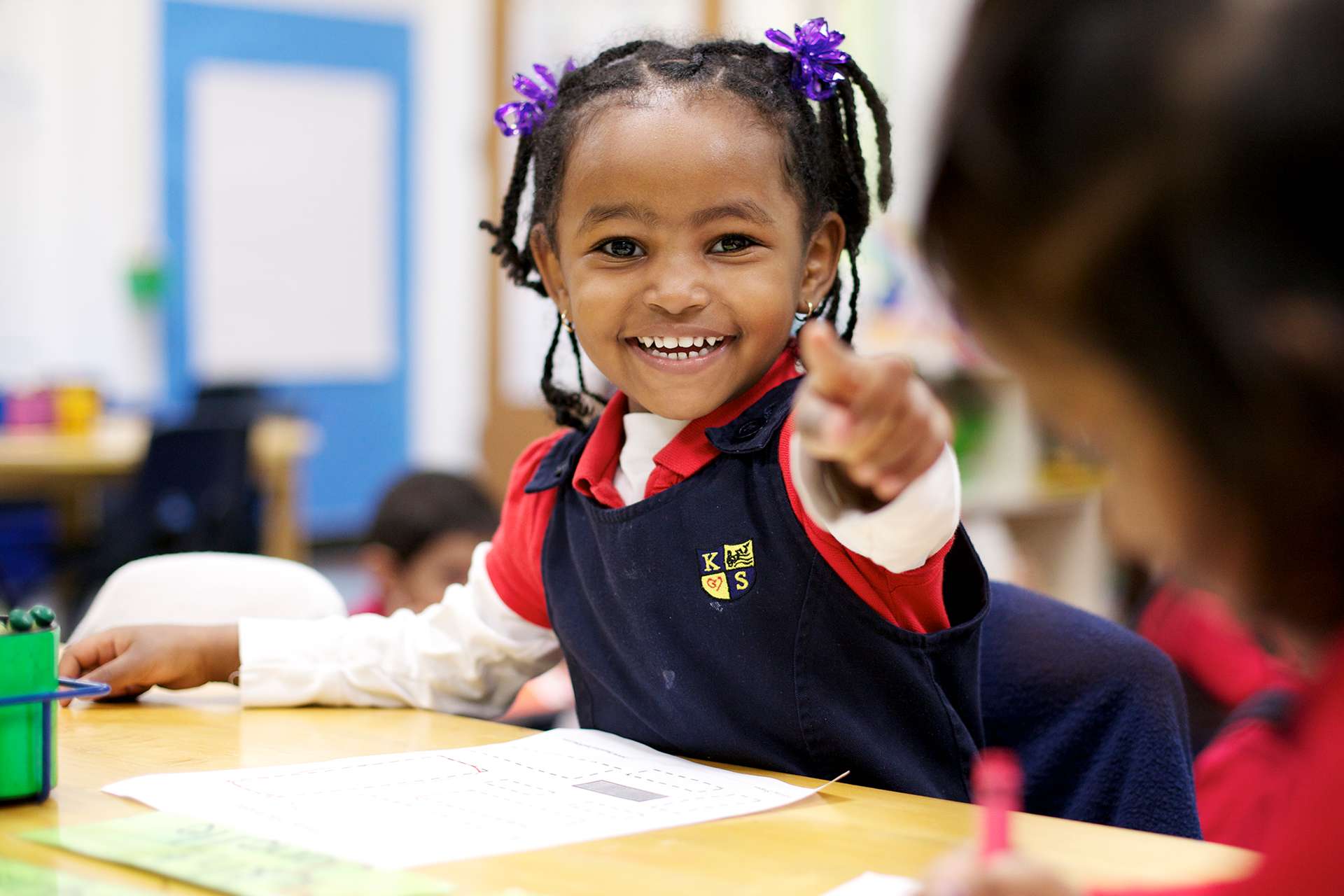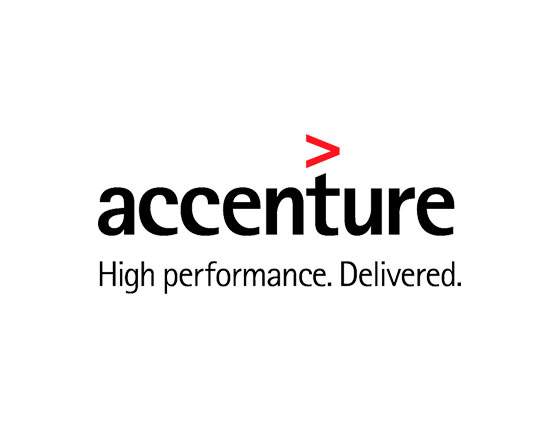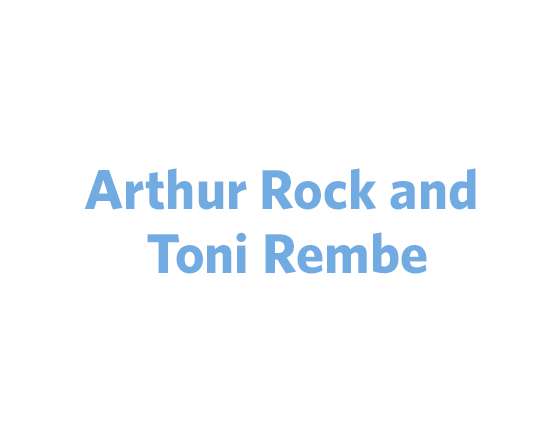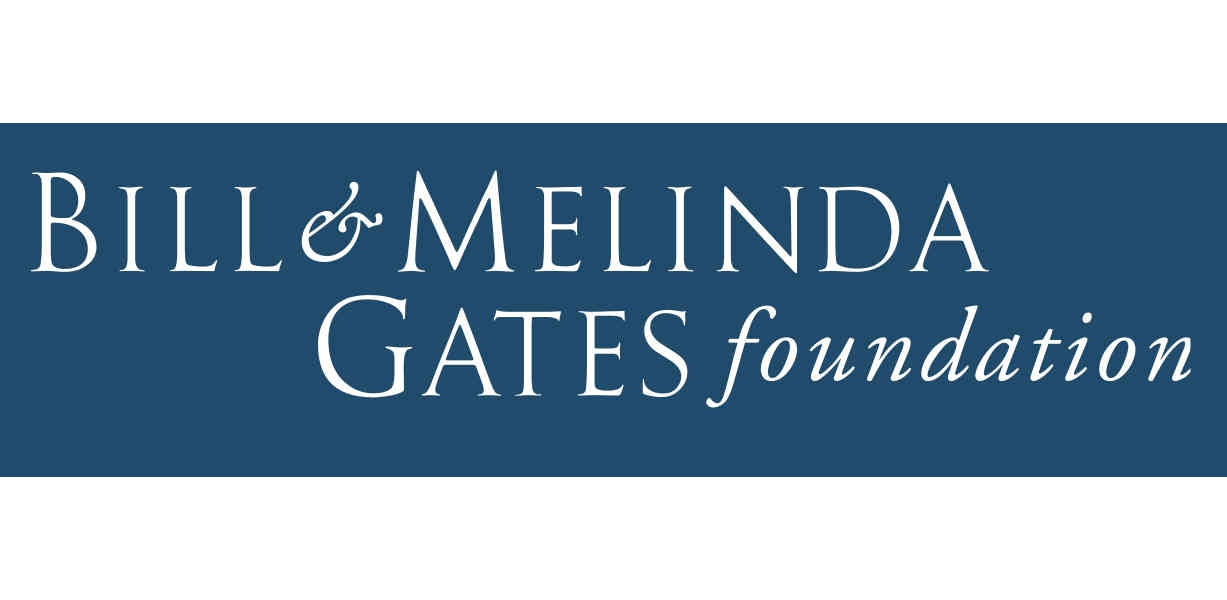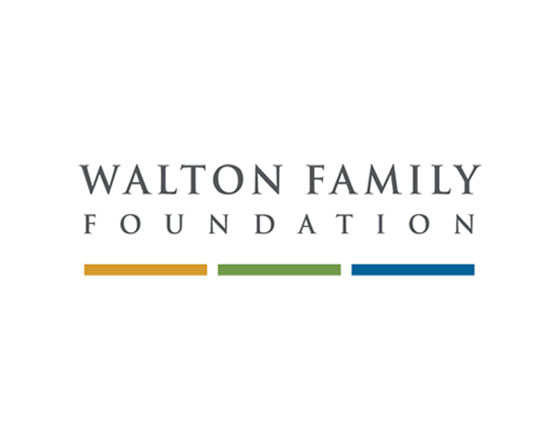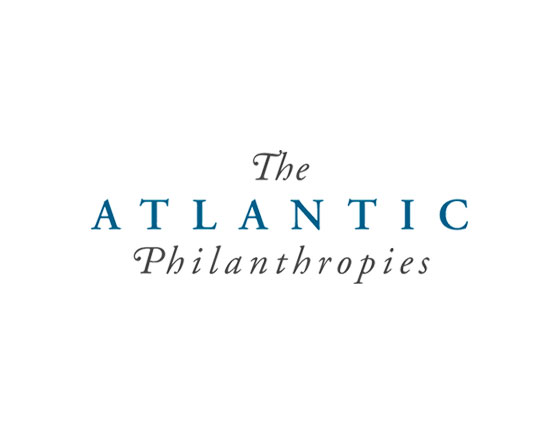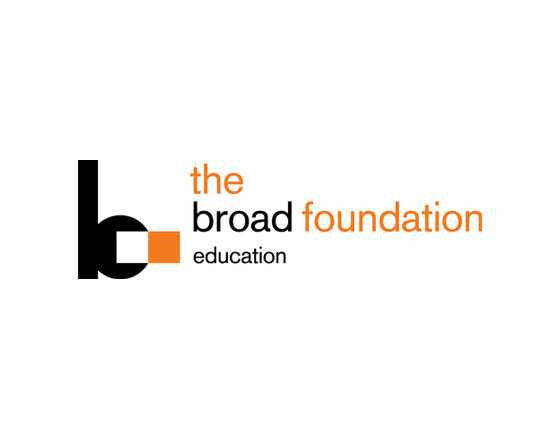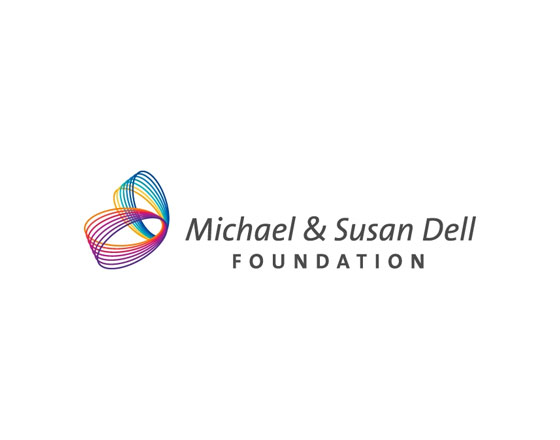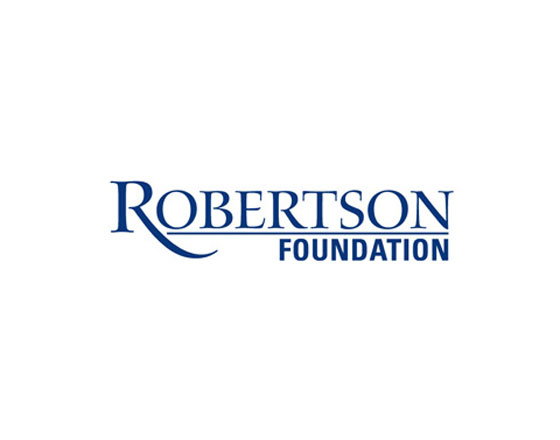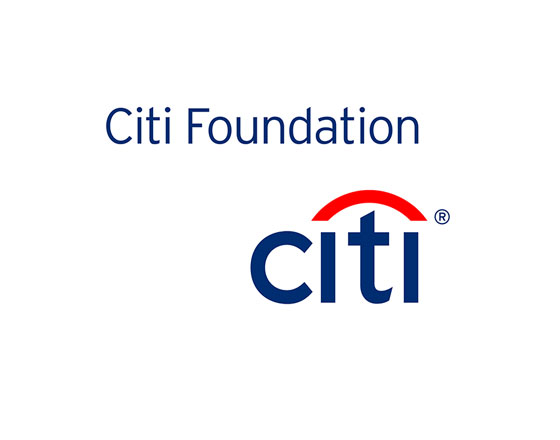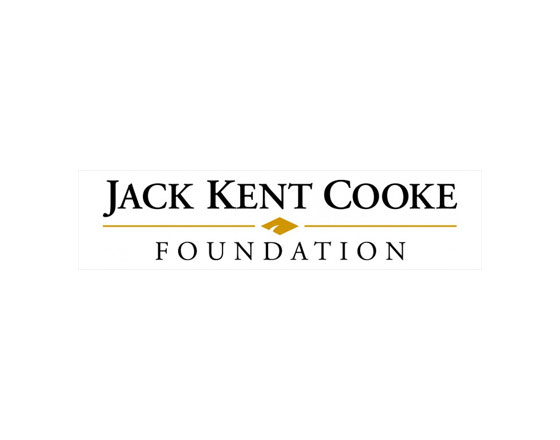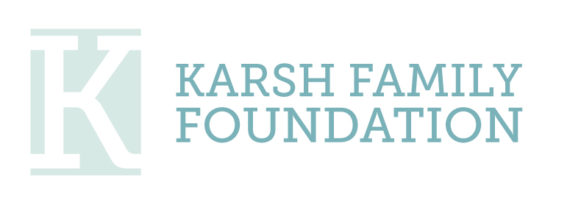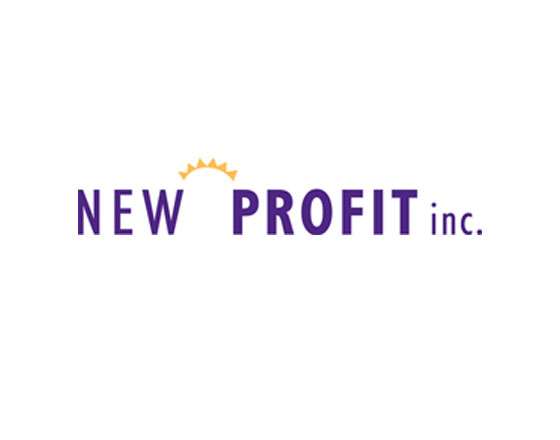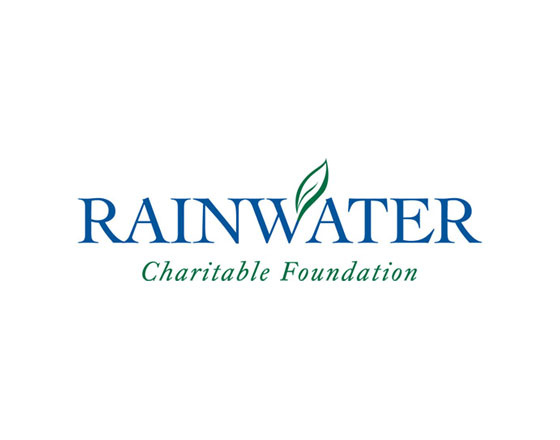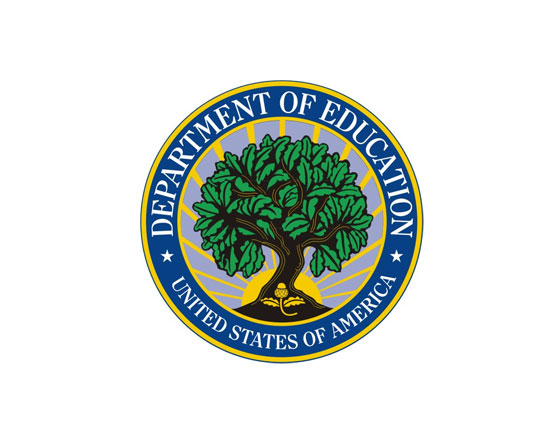Our Story
Together, our students are lighting ever-wider paths to opportunity and change. For themselves. For all those who will follow them. And for us all.
The KIPP Foundation
The nonprofit KIPP Foundation trains and develops outstanding educators to lead KIPP public schools; provides tools, resources and training for excellent teaching and learning; promotes innovation; and facilitates the exchange of insights and ideas across KIPP and other public schools and organizations.
Our Structure
Leadership Team
This exceptional team of passionate and talented individuals is committed to leading an organization that values sense of purpose, results, respect, constant learning and humility, and diversity and inclusivity.

Board of Directors
Experts in their fields and passionate about educational equity, the KIPP Foundation’s Board of Directors provides trusted guidance and leadership for the growth, quality, and sustainability of the entire KIPP network.
Frequently Asked Questions
-
Yes. KIPP schools are tuition-free, public charter schools open to all students. There are 275 KIPP schools across the country educating early childhood, elementary, middle, and high school students.
Every KIPP school is approved to operate by a charter school authorizer—typically a district school board, university, or state department of education—that makes sure the school is living up to the commitments in its charter and is in compliance with relevant federal, state, and local requirements. KIPP schools are primarily funded through public federal, state, and local dollars, along with supplemental funding through charitable donations from foundations and individuals.
-
Charter schools are tuition-free public schools and enrollment is open to all students. They are independently operated schools that run with more flexibility than traditional public schools in exchange for increased accountability.
The “charter” that establishes each school is a contract detailing the school’s mission, program, performance goals, and methods of assessment. Every public charter school has an authorizer which, subject to state law, may be a district school board, university, Mayor’s office, or non-profit organization. Authorizers are responsible for holding charter schools accountable for compliance with their operating agreements or “charters.”
Like all public schools, charter schools are:
- Tuition-free and part of the free public school system
- Held to state and federal academic standards
- Open to all students, including those with disabilities
- Funded primarily through a combination of federal, state, and local tax dollars
- Not affiliated with or restricted to a particular religious group
-
KIPP schools are part of a national network of schools that operate with support from the KIPP Foundation. The non-profit KIPP Foundation trains and develops outstanding educators to lead KIPP schools, provides tools, resources and training for excellent teaching and learning, promotes innovation, and facilitates the exchange of insights and ideas within the KIPP network and with district schools, colleges and universities, and non-profit organizations across the country.
-
Each regional organization is a separate nonprofit that oversees its local schools and provides shared services in areas such as alumni support, teacher training, leadership development, community outreach, operations, and data analysis. All regions are governed by a local board of directors, led by an executive director or superintendent, and often partner with neighboring schools and community based organizations.
-
KIPP schools are public charter schools that are primarily funded by local and state dollars, along with some funding from the federal government.
Local and state per-pupil funding covers the vast majority of KIPP’s operational costs. To fund KIPP’s expansion and ensure the sustainability of KIPP schools, KIPP regions raise additional funding from local donors and foundations.
To learn more about KIPP’s funders or to make a contribution to KIPP, visit Support KIPP.

